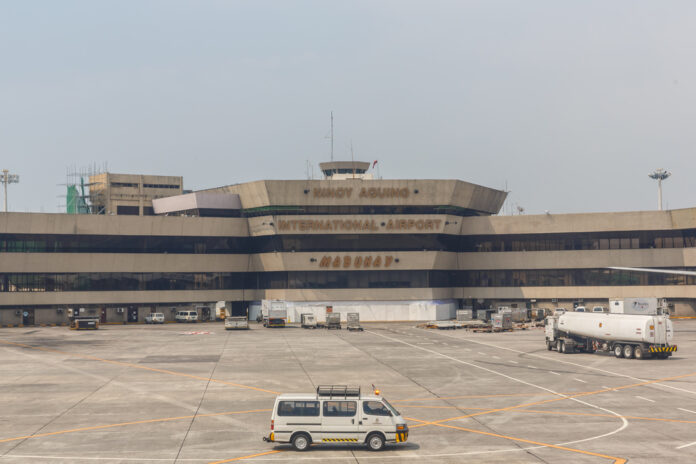A broad coalition of labor unions, aviation workers, and overseas Filipino worker (OFW) advocates has filed a petition with the Supreme Court to stop the privatization of Ninoy Aquino International Airport (NAIA) and block the implementation of a revised airport fee schedule introduced by the Manila International Airport Authority (MIAA).
The group, operating under the banner PUSO ng NAIA (Pagkakaisa ng mga Users, Stakeholders at Obrero ng NAIA), called MIAA’s Revised Administrative Order No. 1, s.2024 unconstitutional. The petition, filed 12 August, alleges the order introduced unsafeguarded “non-regulated fees,” unlawfully delegated fee-setting powers to a private concessionaire, and lacked proper public consultation.
PUSO ng NAIA emphasized that the issue is not opposition to modernization, but to what it views as the hasty and opaque transfer of critical public functions and the imposition of burdensome airport charges. “This is about illegal fee hikes and giving away regulatory powers to private hands,” said PUSO secretariat head Romy Sauler, a former PAL union official.
The coalition’s legal challenge also targets the nearly ₱900-billion revenue projection from the San Miguel Corporation–led 25-year concession for NAIA, warning that these gains will be passed on to passengers and airport users through significant fee increases.
Current NAIA revenue stands at ₱14–16 billion annually. Critics argue the projected revenue under the private concession implies sustained fare and fee hikes. “Every peso of increased cost affects OFWs, workers, and families saving for travel,” Sauler said.
Respondents named in the petition include Executive Secretary Lucas Bersamin, DOTr Secretary Vivencio Dizon, MIAA general manager Eric Ines, and New NAIA Infra Corp. president Ramon S. Ang.
If successful, the petition could delay or derail the San Miguel-led privatization deal, raising uncertainties for potential investors. For commercial airlines and airport tenants, fee hikes tied to privatization may translate to cost pass-throughs to passengers and logistics partners. The legal challenge also reignites debate over public vs. private control of critical infrastructure, with broader implications for future PPP projects in the Philippines.







